Ocean Acidification Threat in Cyprus: Impacts on Marine Ecosystems and Local Fisheries
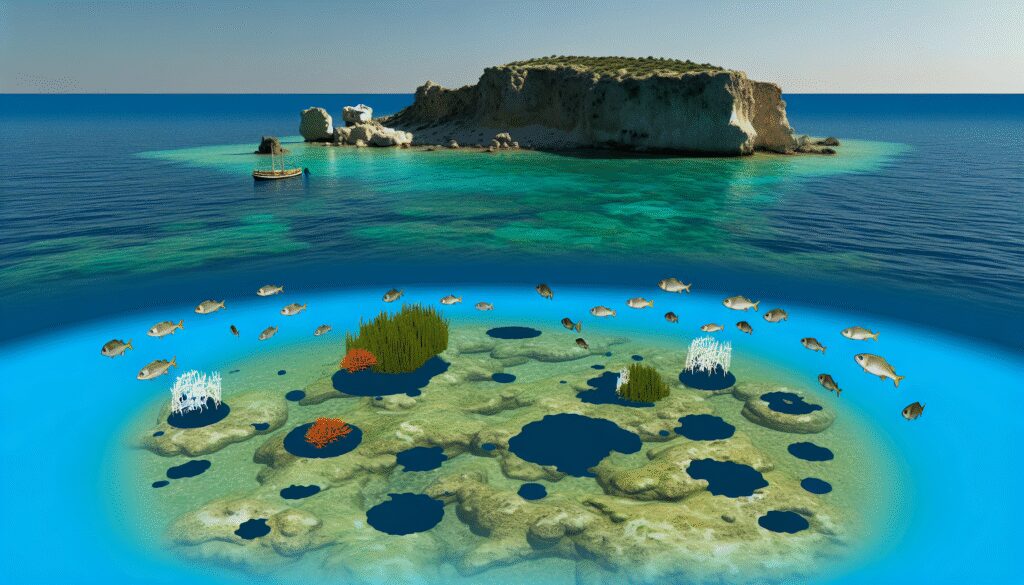
Ocean acidification, caused by excess atmospheric CO2 absorption, threatens Cyprus’s marine ecosystems and fisheries. This article examines its chemical processes, impacts on biodiversity, and effects on local fishing communities. It emphasizes the need for localized strategies, international cooperation, and policies to mitigate damage and ensure sustainability.
Ocean Acidification Threatens Uruguay’s Coastal Ecosystems: A Growing Environmental Crisis
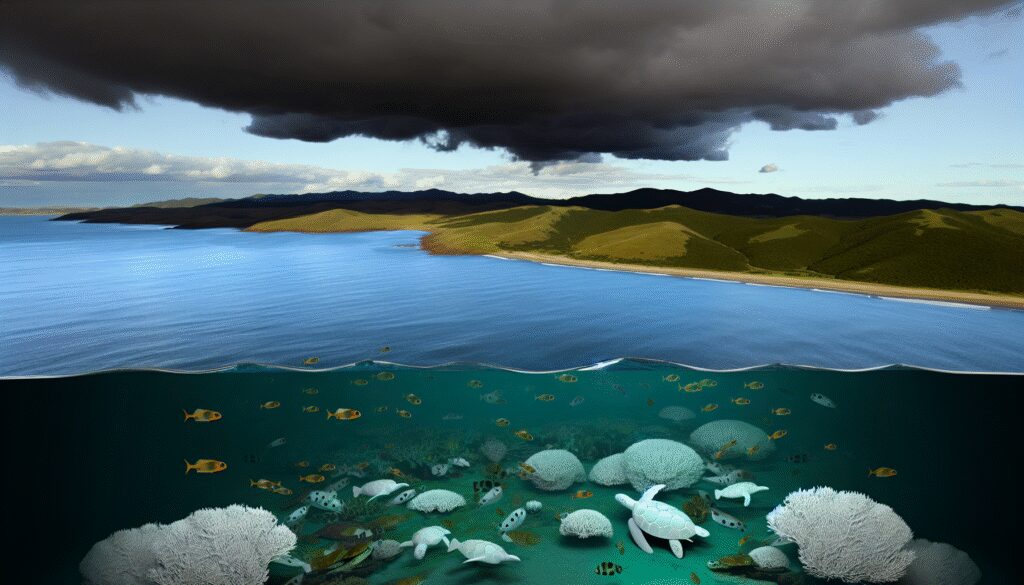
Ocean acidification, caused by seawater absorbing anthropogenic CO2, threatens Uruguay’s coastal ecosystems like estuaries and mangroves. This article explores its impacts on biodiversity, fisheries, and tourism, highlighting species vulnerabilities and socioeconomic risks. It recommends enhanced monitoring, policy integration, and international collaboration to address this crisis.
Ocean Acidification in Greenland: Unveiling the Impacts on Arctic Marine Ecosystems
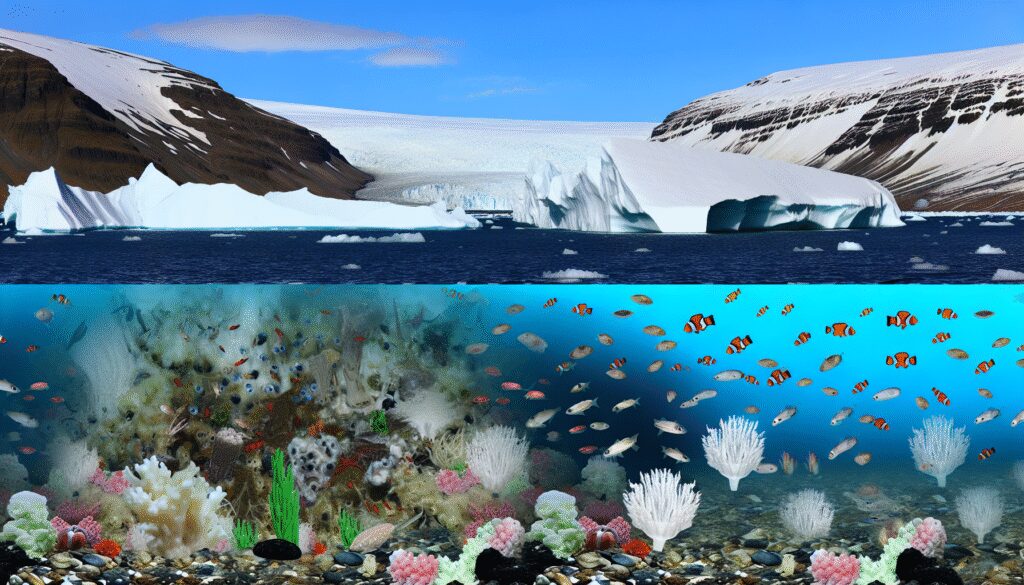
Ocean acidification, driven by CO₂ absorption, severely threatens Arctic marine ecosystems, especially in Greenland, where cold waters and low buffering capacity intensify the issue. This article explores its impacts on species, food webs, and local communities, urging international cooperation and policy action to protect Arctic biodiversity.
Ocean Acidification Threatens Niue’s Coral Reefs: A Call for Global Action
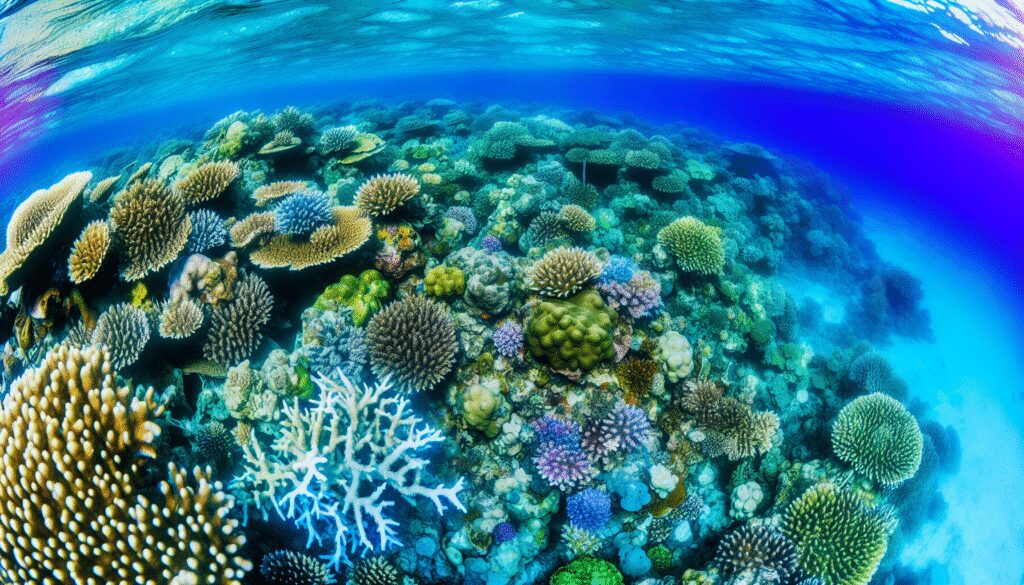
Ocean acidification, driven by CO₂ emissions, threatens Niue’s coral reefs, crucial for biodiversity, economy, and cultural heritage. This article explores acidification’s chemical and ecological impacts, socio-economic consequences for Niue, and the need for global action through intergovernmental cooperation and local conservation to protect vulnerable ecosystems.
Ocean Acidification in Greenland: Impacts on Arctic Marine Ecosystems and Local Communities
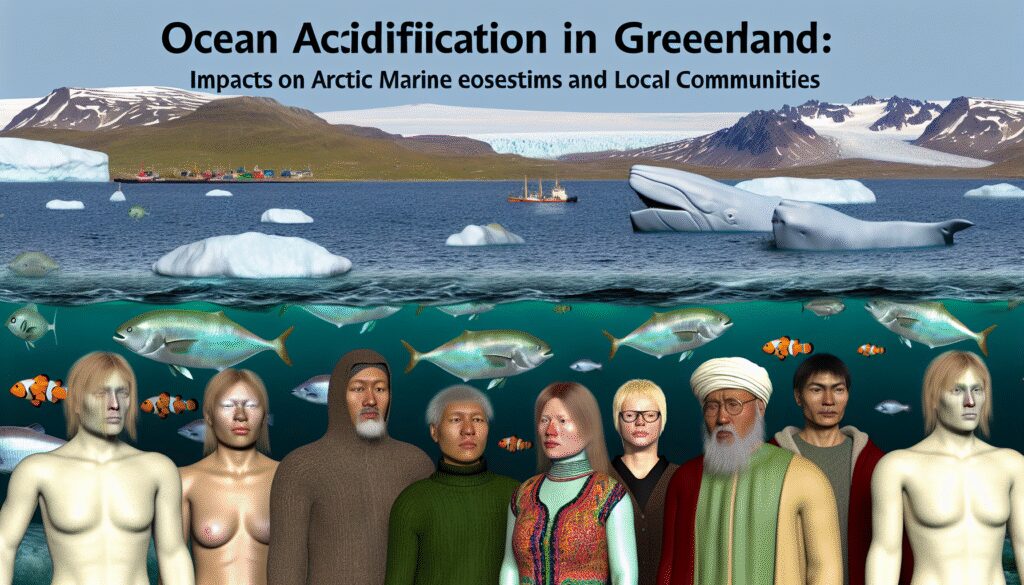
Ocean acidification (OA) threatens Greenland’s Arctic marine ecosystems due to rising CO2 absorption in cold, carbon-absorbent waters. This paper explores OA’s severe impacts on marine biodiversity, especially calcifying organisms and fish stocks, and the socioeconomic consequences for local fishing-dependent communities, while proposing mitigation strategies.
Ocean Acidification Impacts: Exploring Bhutan’s Role in Global Marine Conservation

Ocean acidification, driven by rising CO2 levels, threatens marine ecosystems and human livelihoods globally. This article explores its impacts and highlights Bhutan, a landlocked nation, as a unique contributor to marine conservation through climate mitigation, sustainable practices, and international collaboration, offering recommendations for enhanced policy advocacy.
Ocean Acidification Threatens Costa Rica’s Coral Reefs: A Growing Environmental Crisis
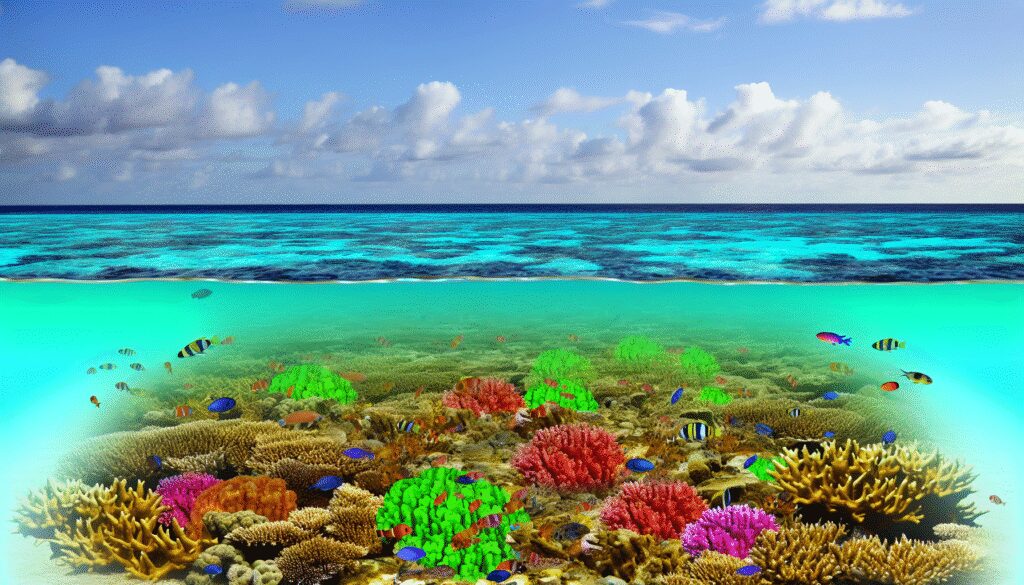
This article explores the severe threat of ocean acidification to Costa Rica’s coral reefs, driven by increased CO2 absorption. It examines ecological and socio-economic impacts, the role of global treaties, and the urgent need for localized conservation and international cooperation to protect these vital ecosystems.
Deforestation in Greenland: Uncovering the Hidden Loss of Arctic Forests
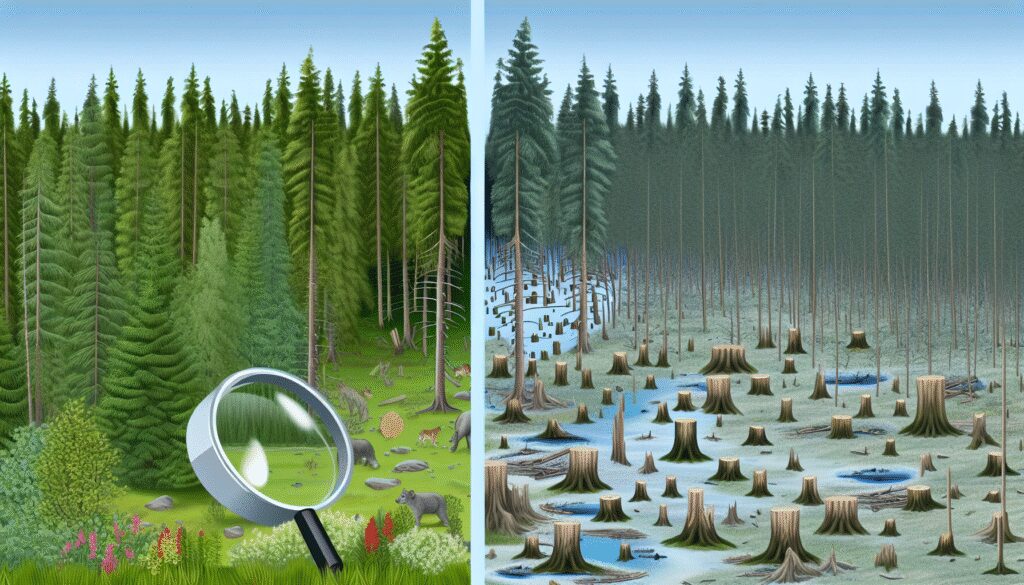
This article examines the understudied issue of deforestation in Greenland, highlighting vegetation loss due to climate change, permafrost thaw, human activities like mining, and natural disturbances. It emphasizes the need for enhanced monitoring, policy development, and international cooperation through frameworks like the Arctic Council and Paris Agreement to mitigate these impacts.
Ocean Acidification Threatens Greenland’s Marine Ecosystems: A Growing Environmental Crisis
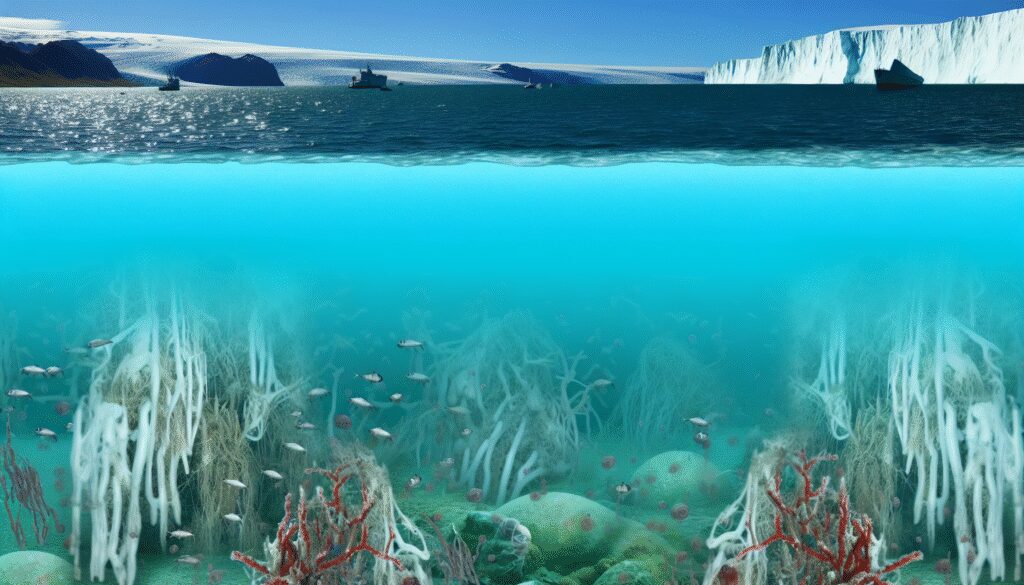
Ocean acidification, driven by CO2 absorption, threatens Greenland’s marine ecosystems and biodiversity, impacting species like Arctic cod and shellfish. This crisis affects food security and indigenous livelihoods. The article examines chemical processes, ecosystem vulnerabilities, socioeconomic consequences, and urges global cooperation under frameworks like UNFCCC for mitigation.
